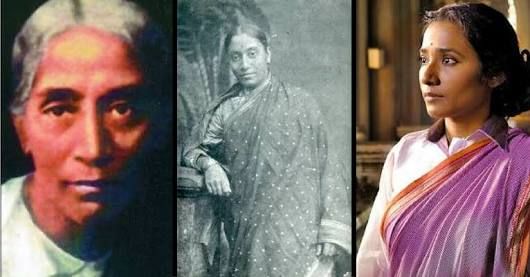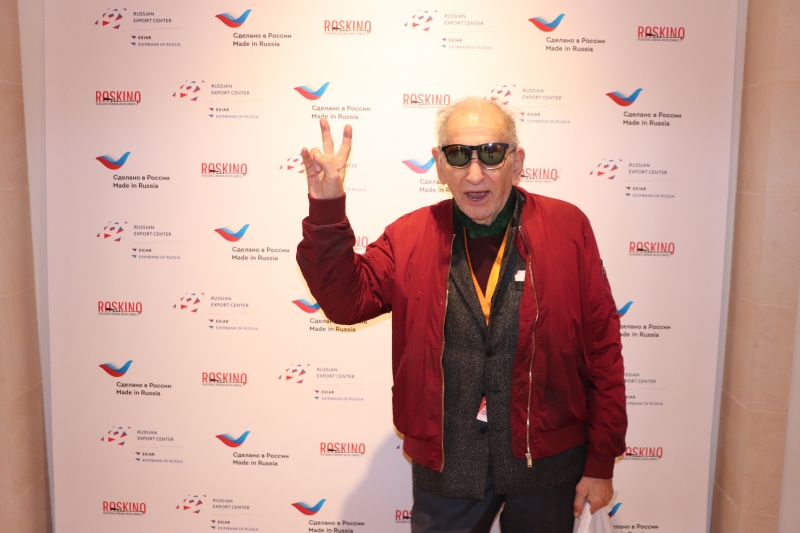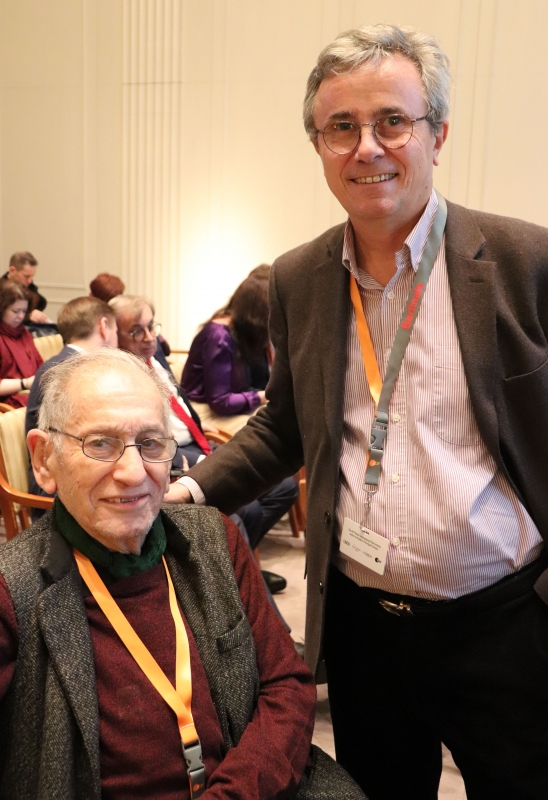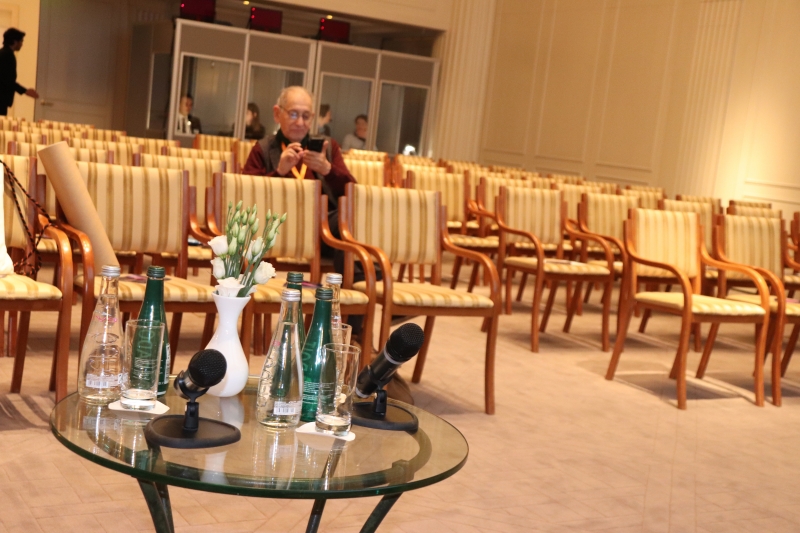by Alex Deleon
Marathi Biopic by director Ananth Narayan Mahadevan


The real doctor left, and actress Chatterjee at right
This is a Marathi language biopic spotlighting the life and career of Rukhmabai Raut India's first practicing lady doctor, social rebel and medical pioneer who paved the way for a fight against gender discrimination.
The movie was a revelation at the Jaipur minifilm festival (Four days only).
It was a late screening and I thought I would only watch the beginning to see what it was about, then call it a day but I found myself hooked and hypnotized from scene one.
First of all it must be said that the rich color cinematography by Alphonse Roy in reconstituted technicolor was dazzlingly beautiful. Secondly, the central role by actress Tanishtha Chatterjee was totally compelling with nary a false note throughout. Third, the direction by Ananth Mahadevan made the complex story flow effortlessly with no concessions to melodrama in the kind of tale that could easily have gone that route.
The film opens in 1955, the year of Einstein's death, as an old lady, now ninety, reflects back on her life.
Next we are back in the year 1875 when Rukhmabai at age eleven is married off according to the prevailing custom of the time to an ignorant lout. Her step-father who is a doctor with modern ideas encourages the girl to study, also against prevailing custom.
When she reaches puberty a couple of years later the father of the lout demands that she be delivered up to him to fullfill her conjugal duties.
The girl now at the age of consent refuses to enter into a marriage she didn't want in the first place.
The potential father-in-law takes the case to the Colonial English court and the next section of the film is court argumentation very well staged.
After much legal haggling the court awards in favor of lout family although we see in court that he is complete idiot unworthy of this educated girl's shoes. Either she fulfills her conjugal duty or goes to jail. At a key moment of the story she stand up and tells the court that she would rather go to jail than enter into marital captivity.
Next ensues a series of letters that the courageous girl writes to Queen Victoria herself among others. These are widely published in the English press and raise an international clamor in her favor resulting in the introduction of a new hitherto unthinkable law of consent on the part of a potential bride in India. The remainder of the film is taken up with the now mature Rukhmabai being taken under the wing of an English lady and sent to England for a full medical education. Even here there are problems and a budding romance with a tall blonde Anglo Saxon medic. She has however taken an oath not to convert to Christianity nor to marry a white man. Though it is clear that she has tender feelings for the Englishman she sticks to her vows and returns to Bombay where, after considerable trails and tribulations she is finally accepted as India's first female doctor blazing a trail which many others will follow.
What sets this apart from the usual memorial biopic is the smooth direction and avoidance of hagiographic excesses. What is really important, however,
in this excellent film is the presentation of deep seated primitive practices in Indian society, child marriage and, above all, the treatment of
women as chattel, which is only now being modified, although women as objects of gang rape on the streets is not being dealt with adequately. Lots
of hullabaloo in the media but the gang rape game goes on unabated. Jay Hind!
Rukhmabai (22 November 1864 - 25 September 1955) was an <https://en.m.wikipedia.org/wiki/India> Indian <https://en.m.wikipedia.org/wiki/Physician> physician and <https://en.m.wikipedia.org/wiki/Feminism> feminist. She is best known for being one of the first practicing women doctors in <https://en.m.wikipedia.org/wiki/Presidencies_and_provinces_of_British_India
> colonial India as well as being involved in a landmark legal case involving her undesired marriage as a <https://en.m.wikipedia.org/wiki/Child_bride> child bride between 1884 and 1888.
Alex, Hotel Arya Niwas. Jaipur































